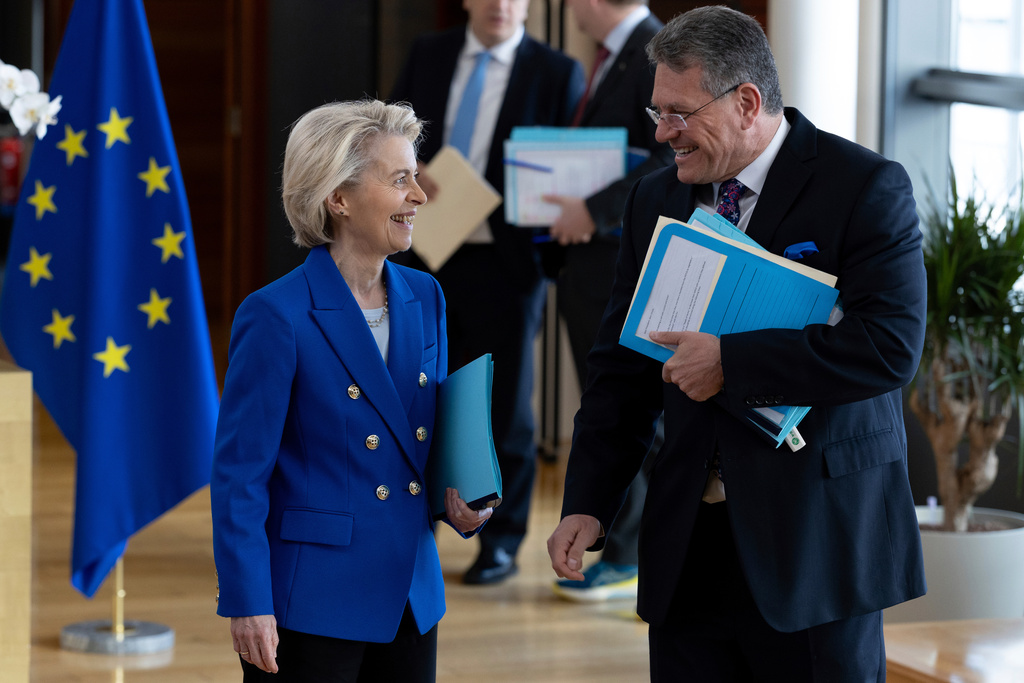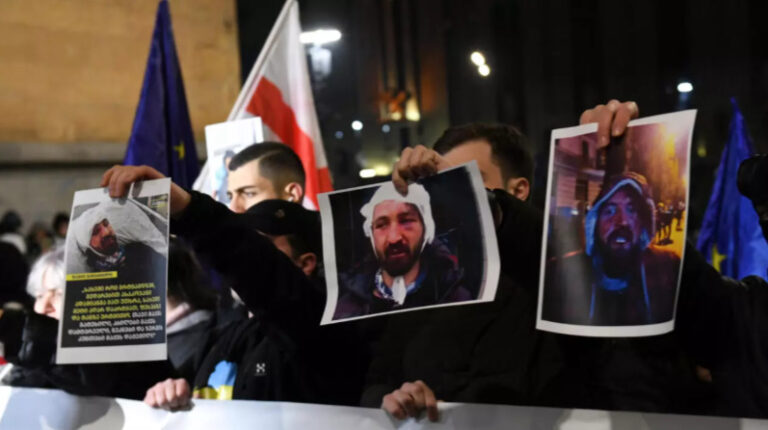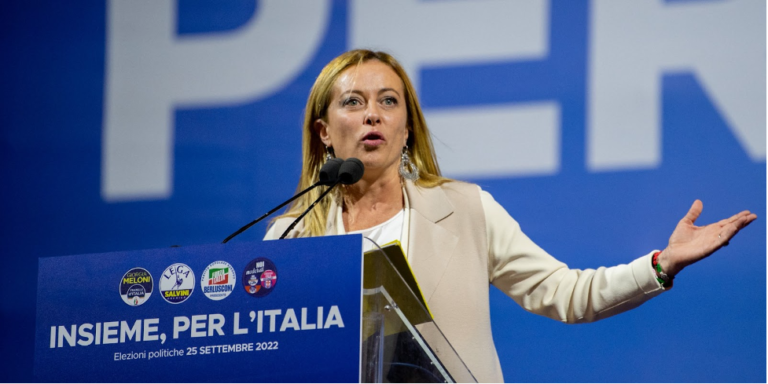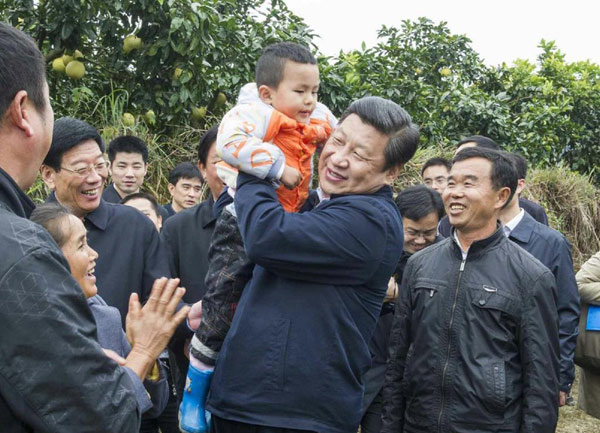
Trade wars often make headlines and play out in backroom deals, but their real consequences appear everywhere from grocery store aisles to factory floors and small-town shops. Right now, countries are sparring over tariffs— whether it’s the U.S. raising duties on Chinese electric vehicles or the E.U. retaliating with agricultural levies. But in the background, something more troubling is happening: the people who bear the costs of these decisions are rarely included in the conversation. Too often, trade policy is treated like a game of chess played only by elites, diplomats, economists, and multinational firms. But this game has real-world consequences, and ordinary citizens are paying the price — often without being told why.
Governments have failed to be transparent about what these tariffs really mean for ordinary citizens. It is not only a matter of price hikes, it is also about trust, accountability, and the fundamental idea that if policy decisions affect millions, those people deserve to be informed and heard.
To be clear, tariffs are not inherently bad. They can protect industries under threat, serve as bargaining tools in trade talks, or help level the playing field in strategic sectors. But they also raise prices for consumers and disrupt supply chains. In the E.U., leaders have slapped tariffs on American bourbon and motorcycles in response to steel duties, offering little explanation to the public about what those measures mean beyond symbolism. A 2022 European Parliament report pointed out how disconnected the E.U.’s trade rhetoric has become from real-world outcomes, and how a greater need for policy transparency is needed.
China, too, has framed its own tariffs as patriotic pushback against foreign pressure, but has not been transparent about the consequences. Import restrictions on American soybeans, for example, led to noticeable increases in food prices. A 2023 Peterson Institute report found that Chinese consumers paid a steep price for trade decisions that were politically popular but economically costly. Even countries like Canada and Australia, caught in the crosshairs of larger disputes, have struggled with transparency. A 2024 Organisation for Economic Co-operation and Development policy brief warned that when trade decisions are made behind closed doors, it erodes public confidence in global institutions and leaves key stakeholders, especially small businesses, out of the loop.
What’s missing in all of this is honesty. Tariffs may be politically useful, but they’re not free. They come with trade-offs that should be clearly communicated. Citizens deserve to know what is being negotiated, what it might cost, and who will benefit. That does not mean every tariff decision must go to a referendum, but it does mean governments should communicate more openly, publish real data, and create space for critical public input.
If anything, these trade fights reveal just how fragile the global economic order has become. Alliances shift, supply chains snap, and domestic industries reel from decisions made halfway across the world. When these shocks hit, the least governments can do is treat their people like adults capable of understanding and weighing in on the policies that shape their lives.
Public trust in trade policy will not be rebuilt through talking points or partisan spin. It will require honesty, engagement, and a commitment to being open. Otherwise, the next tariff will not just hurt pocketbooks— it will chip away at the credibility of the institutions behind it.
The Zeitgeist aims to publish ideas worth discussing. The views presented are solely those of the writer and do not necessarily reflect the views of the editorial board.



